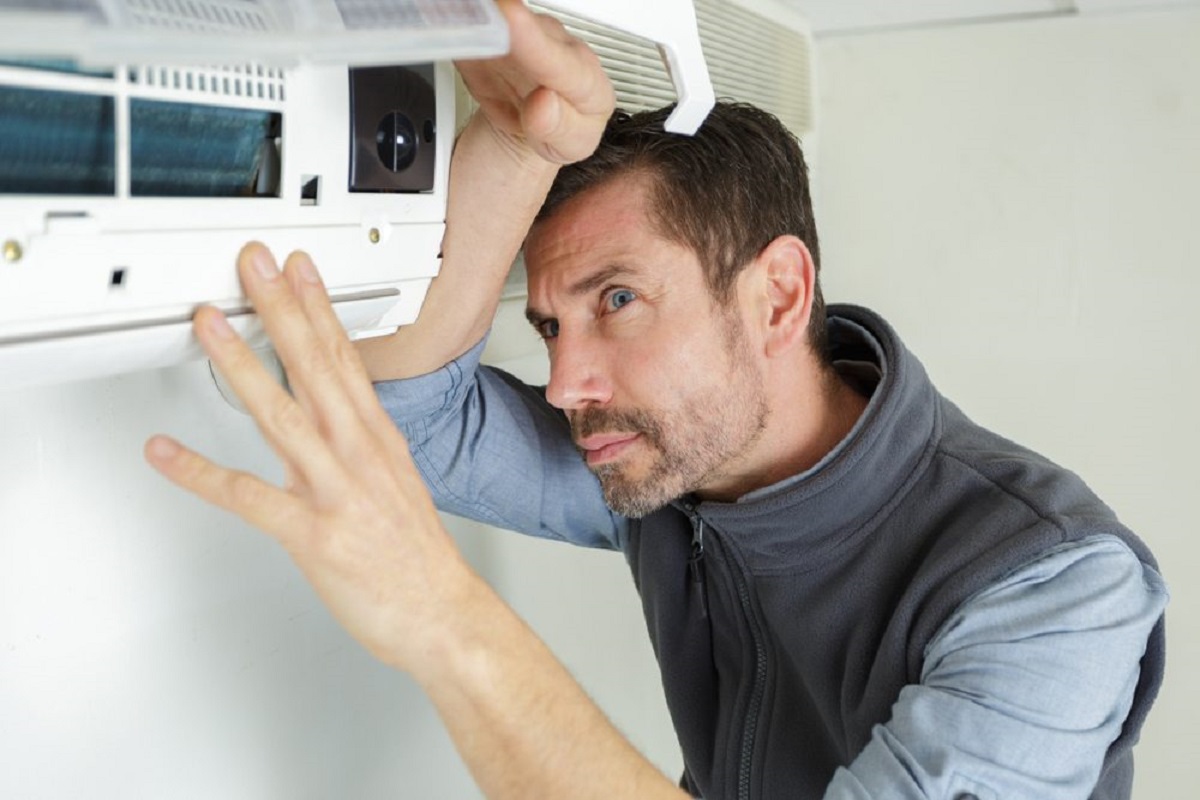

Articles
AC Making Noise When Turned On
Modified: January 19, 2024
If your AC is making noise when turned on, read our informative articles to diagnose and fix the issue. Learn how to troubleshoot common problems and ensure a quieter cooling experience.
(Many of the links in this article redirect to a specific reviewed product. Your purchase of these products through affiliate links helps to generate commission for Storables.com, at no extra cost. Learn more)
Introduction
When you turn on your air conditioning (AC) unit, you expect to feel a cool breeze and enjoy a peaceful environment. However, if your AC unit is making noise when it’s turned on, it can be quite unsettling. Not only does the noise disrupt the tranquility of your home or office, but it may also indicate an underlying issue with your AC system.
Understanding the causes of the noise is essential to diagnose and resolve the problem effectively. In this article, we will explore some of the common reasons why an AC unit may make noise when turned on and provide troubleshooting steps to help you address the issue.
It’s important to note that while some minor noises are normal, such as the sound of air moving through the vents, loud and unusual noises should be investigated further. Ignoring these noises can lead to more significant problems and potentially costly repairs down the line.
Let’s dive into the possible causes of AC noise and how to troubleshoot them.
Key Takeaways:
- Regularly maintaining and cleaning air filters, fan blades, and other components can prevent noisy operation in your AC unit, ensuring efficient cooling and a peaceful indoor environment.
- Addressing refrigerant leaks, electrical issues, and improper installation through professional inspections and repairs is crucial to eliminating noise and maintaining the longevity of your AC system.
Read more: Car AC Makes Hissing Noise When Turned On
Causes of Noise in an AC Unit
There are several potential causes for the noise coming from your AC unit. Understanding these causes will help you identify and resolve the issue effectively. Here are some common culprits:
- Dirty Air Filter: A clogged or dirty air filter can restrict airflow and cause the AC unit to work harder, resulting in unusual noises. Regularly changing or cleaning the air filter can prevent this issue.
- Loose or Damaged Fan Blades: If the fan blades are loose or damaged, they can create a rattling or scraping noise when the AC is running. Tightening or replacing the fan blades can often resolve this problem.
- Faulty Motor: A malfunctioning motor can produce a variety of noises, such as buzzing, grinding, or screeching sounds. Repairing or replacing the motor is usually the solution in this case.
- Refrigerant Leaks: Hissing or bubbling noises may indicate a refrigerant leak. This not only affects the cooling capacity of the AC unit but can also cause long-term damage. It is crucial to have a professional fix the leak and recharge the refrigerant.
- Debris in the Condenser Unit: Leaves, sticks, or other debris can accumulate in the outdoor condenser unit, causing the fan to hit the obstruction and produce a loud noise. Regular cleaning and maintenance of the condenser can prevent this issue.
- Blocked or Clogged Air Vents: If the air vents are blocked or clogged, it can result in noisy airflow, such as whistling or hissing sounds. Ensuring that the air vents are clear and free from obstructions can help alleviate this problem.
- Worn-out Belts or Bearings: Over time, belts and bearings in the AC unit may wear out, leading to squealing or grinding noises. Replacing these worn-out components can eliminate the noise.
- Malfunctioning Thermostat: A faulty thermostat can cause the AC unit to turn on and off frequently, resulting in clicking or popping sounds. Calibrating or replacing the thermostat may be necessary to resolve this issue.
- Electrical Issues: Loose electrical connections, frayed wires, or faulty electrical components can create buzzing or humming noises. Seeking professional assistance to inspect and repair the electrical system is crucial for safety and proper functioning of the AC unit.
- Improper Installation: If the AC unit was not installed correctly, it can lead to various problems, including excessive vibrations, rattling, or clanging noises. Contacting a professional to assess and rectify any installation errors is essential.
Keep in mind that these are just some of the potential causes of noise in an AC unit. If you’re unsure about the source of the noise or if you’re unable to resolve the issue on your own, it’s always advisable to consult a qualified HVAC technician for a thorough diagnosis and repair.
Troubleshooting Steps
If your AC unit is making noise when turned on, you can follow these troubleshooting steps to help identify and resolve the issue:
- Check the air filter: Start by inspecting the air filter and replace or clean it if it’s dirty or clogged. A dirty filter restricts airflow and can cause the AC unit to work harder and produce noise.
- Inspect the fan blades: Turn off the AC unit and carefully check the fan blades for any damage or looseness. Tighten any loose blades, and if they are damaged, consider replacing them to eliminate the noise.
- Listen for motor noise: Pay attention to any unusual noises coming from the motor. If you hear grinding, buzzing, or screeching sounds, it may indicate a faulty motor that needs to be repaired or replaced.
- Check for refrigerant leaks: If you suspect a refrigerant leak, it’s best to call a professional HVAC technician to inspect and repair it. Trying to fix a refrigerant leak on your own can be dangerous and may require specialized equipment.
- Clean the condenser unit: Remove any debris or obstructions from the outdoor condenser unit. Clean the unit using a soft brush or vacuum cleaner to ensure optimal airflow and prevent noise caused by fan obstruction.
- Clear air vents: Ensure that air vents are not blocked or obstructed. Remove any objects or furniture that may be blocking the vents to allow for unimpeded airflow.
- Inspect belts and bearings: If you hear squealing or grinding noises, the belts or bearings may be worn out. Contact a professional to inspect and replace these components if necessary.
- Calibrate or replace the thermostat: If your thermostat is malfunctioning, it can cause erratic or frequent cycling of the AC unit. Calibrating or replacing the thermostat may resolve the noise issue.
- Check for electrical issues: Inspect the electrical components of the AC unit for loose connections, frayed wires, or faulty components. If you suspect an electrical problem, it’s best to consult a qualified professional for safe and proper repairs.
- Verify proper installation: If you suspect that improper installation is causing the noise, contact the company or technician who installed the AC unit to assess and rectify any installation errors.
Remember, if you’re unsure about any of these troubleshooting steps or if the noise persists after attempting them, it’s always best to seek the assistance of a trained HVAC technician. They have the expertise and tools necessary to diagnose and repair any issues with your AC unit effectively.
Dirty Air Filter
A dirty air filter is one of the most common causes of noise in an AC unit. The air filter is responsible for trapping dust, dirt, and other airborne particles, preventing them from entering the AC system and compromising its performance.
Over time, the air filter can become clogged with debris, restricting the airflow and causing the AC unit to work harder than necessary. This increased strain on the system can lead to vibrations, rattling, or even a whistling noise.
To troubleshoot this issue, start by locating the air filter in your AC unit. It is typically located in the return air duct or the air handler unit. Carefully remove the filter and inspect it for dirt and dust buildup.
If the air filter appears dirty or clogged, it’s time to clean or replace it. Disposable filters can be replaced with a new one, while reusable filters can be cleaned using water or a vacuum cleaner, following the manufacturer’s instructions.
Regularly changing or cleaning the air filter, according to the manufacturer’s recommendations, is crucial to prevent dust buildup and ensure proper airflow. This not only helps to eliminate the noise caused by a dirty filter but also improves the efficiency of your AC unit and promotes better indoor air quality.
Remember that different AC units may have different types and sizes of air filters. It’s essential to use the correct size and type of filter for your specific AC unit to ensure proper filtration and prevent any air leaks.
By keeping your air filter clean and replacing it regularly, you can reduce the strain on your AC unit, promote smooth airflow, and prevent noisy operation.
Loose or Damaged Fan Blades
If your AC unit is making noise when turned on, particularly a rattling or scraping noise, the culprit might be loose or damaged fan blades. The fan blades are responsible for circulating the air within the AC system and maintaining airflow.
Over time, the fan blades can become loose due to wear and tear or improper installation. Loose blades can cause vibrations and result in a rattling noise when the AC unit is operating. Additionally, if the fan blades are damaged or bent, they can scrape against other components, creating an unpleasant noise.
To troubleshoot this issue, start by turning off the AC unit and inspecting the fan blades. Locate the fan assembly, which is usually inside the outdoor condenser unit or the indoor air handler unit, and visually check for any visible signs of looseness or damage.
If the fan blades are loose, you can tighten them using a screwdriver or an appropriate tool. Be cautious not to overtighten them, as this can cause additional issues. If the blades are damaged or bent, it’s best to replace them to ensure proper function and eliminate the noise.
In some cases, the noise may be caused by the fan hitting another component. In such situations, you can carefully adjust the position of the fan blades, ensuring they are not hitting any obstructions. Take care when handling the fan blades, as they can be sharp.
Regular maintenance of the fan blades is also crucial to prevent future issues. Check them periodically for any signs of wear, and clean them to remove any dirt or debris that may accumulate on the blades. Keeping the fan blades in good condition will not only reduce noise but also improve the efficiency and lifespan of your AC unit.
If you’re unsure about inspecting or adjusting the fan blades, or if the noise persists after attempting these troubleshooting steps, it’s recommended to contact a professional HVAC technician for a thorough examination and any necessary repairs.
Read more: AC Clicking Noise When Turned On
Faulty Motor
A faulty motor is another potential cause of noise in an AC unit. The motor plays a crucial role in powering the fan and other components of the AC system, ensuring proper airflow and cooling.
If the motor is malfunctioning, it can produce various unpleasant noises, such as buzzing, grinding, or screeching sounds. These noises may indicate issues like worn-out bearings, loose parts, or electrical problems within the motor.
To troubleshoot a faulty motor, start by turning off the AC unit and inspecting the motor for any visible signs of damage or loose components. Check if there are any loose wires or frayed connections, as these can cause electrical issues and noise.
If you notice any obvious damage or loose parts, it’s best to contact a professional HVAC technician to repair or replace the motor. Attempting to fix electrical or motor-related issues without proper knowledge or experience can be dangerous.
If there are no visible signs of damage, but you’re still experiencing noise from the motor, it’s advisable to seek professional assistance. HVAC technicians have the expertise and tools required to diagnose and repair motor issues effectively.
Regular maintenance is key to preventing motor-related problems. Schedule routine inspections by a professional to ensure that the motor is in good condition and properly lubricated. This can extend its lifespan and prevent noise issues in the long run.
Remember, a faulty motor not only leads to noise but can also negatively impact the performance and efficiency of your AC unit. Addressing motor issues promptly will not only eliminate the noise but also help avoid further damage and potentially expensive repairs.
Refrigerant Leaks
If your AC unit is making noise when turned on, especially hissing or bubbling sounds, the culprit may be a refrigerant leak. Refrigerant is responsible for absorbing and releasing heat in the cooling process, and a leak can disrupt the proper functioning of the AC system.
Refrigerant leaks can occur due to various reasons, such as cracked coils, loose connections, or corrosion in the refrigerant lines. When the refrigerant leaks out, it not only affects the cooling capacity of the AC unit but also leads to noisy operation.
A refrigerant leak can cause the compressor to work harder, resulting in increased noise levels. Moreover, as the refrigerant escapes, it can create hissing or bubbling noises as it passes through the leak point.
It’s important to address refrigerant leaks promptly as they can cause long-term damage to the AC system. Additionally, refrigerant leaks are harmful to the environment, contributing to ozone depletion and global warming.
To troubleshoot this issue, it’s recommended to contact a professional HVAC technician. They have the expertise and equipment to detect and repair refrigerant leaks safely and effectively.
The technician will inspect the AC unit, locate the source of the leak, and repair it accordingly. In some cases, the refrigerant may need to be recharged after the leak is fixed to restore optimal performance.
It’s worth noting that attempting to fix refrigerant leaks on your own is not advisable. Handling refrigerant requires specialized knowledge and equipment to ensure safety and compliance with regulations.
To prevent refrigerant leaks in the future, it’s important to schedule regular maintenance for your AC unit. A professional technician can inspect the refrigerant lines, coils, and connections, and address any potential issues before they lead to leaks and noise problems.
By addressing refrigerant leaks promptly and regularly maintaining your AC unit, you can ensure efficient operation, minimize noise, and prolong the lifespan of your cooling system.
Check if the noise is coming from the fan or the compressor. If it’s the fan, it could be loose or dirty. If it’s the compressor, it may be a sign of a more serious issue. Always turn off the AC and consult a professional if you’re unsure.
Debris in the Condenser Unit
If your AC unit is making noise when turned on, the cause could be debris that has accumulated in the condenser unit. The condenser unit is located outside and is responsible for releasing heat from the refrigerant to the outdoor air.
Leaves, sticks, dirt, and other debris can find their way into the condenser unit, obstructing the fan blades and causing them to hit the debris. This can result in a loud noise, similar to a grinding or clanging sound.
To troubleshoot this issue, start by turning off the AC unit and visually inspecting the condenser unit. Check if there is any visible debris such as leaves, dust, or other objects obstructing the fan blades or the condenser coil.
Using gloves or a brush, carefully remove any debris from the condenser unit. Take care not to bend the delicate fins of the condenser coil. It is also a good idea to clean the unit using a soft brush or a vacuum cleaner with a brush attachment to remove any remaining dirt or dust.
Regular maintenance is essential to prevent debris from accumulating in the condenser unit. Trim any nearby bushes or plants and keep the area around the unit free from leaves and other debris. This will help ensure proper airflow and minimize the chances of debris causing noise or damaging the components of the AC unit.
It’s important to note that while you can clean the condenser unit yourself, if you’re uncomfortable or unsure about doing it, it’s always best to contact a professional HVAC technician. They can perform a thorough cleaning and inspect the unit for any other potential issues that may be contributing to the noise.
By keeping the condenser unit clean and free from debris, you can improve the efficiency and lifespan of your AC unit while also reducing noise levels and ensuring cool and comfortable indoor air.
Blocked or Clogged Air Vents
Air vents play a crucial role in distributing cool air throughout your space. If your AC unit is making noise when turned on, particularly whistling or hissing sounds, the issue may be blocked or clogged air vents.
Blocked or clogged air vents can disrupt the smooth airflow, causing air to rush through smaller openings, resulting in a whistling noise. Additionally, dust, dirt, or debris accumulated in the vents can lead to restricted airflow, causing the AC unit to work harder and produce a hissing or noisy airflow.
To troubleshoot this issue, start by ensuring that all air vents are unobstructed. Check each vent in your space and remove any objects, furniture, or other items that may be blocking the airflow. Make sure that air vents are not covered by curtains, rugs, or other materials.
In addition to objects blocking the vents, the vents themselves may be clogged with dust and debris. You can use a vacuum cleaner or a soft brush to gently clean the vents and remove any accumulated dust or dirt. Regularly cleaning the vents can improve airflow and reduce noise caused by restricted air passage.
It’s also important to check the air filters, as a dirty or clogged filter can contribute to blocked or clogged air vents. Replace or clean the air filter according to the manufacturer’s instructions to maintain optimal airflow and prevent noise issues.
Proper maintenance is crucial in preventing blocked or clogged air vents. Regularly dusting and cleaning your space can help minimize the accumulation of dust and debris that can block vents. Additionally, scheduling routine HVAC maintenance can ensure that the air ducts and vents are thoroughly cleaned and inspected by professionals.
If the noise persists even after checking and cleaning the air vents, it’s recommended to consult a professional HVAC technician. They can examine the ductwork and address any underlying issues that may be causing the noise.
By keeping your air vents unobstructed and properly maintained, you can ensure efficient airflow, reduce noise levels, and optimize the performance of your AC system.
Read more: Car Making Noise When AC Is On
Worn-out Belts or Bearings
If your AC unit is making noise when turned on, particularly squealing or grinding sounds, worn-out belts or bearings may be the cause. Belts and bearings are essential components that help drive the fan and other moving parts in the AC system.
Over time, belts can become worn or frayed, while bearings can wear out or become loose. These issues can lead to noise during operation as the belts slip or the bearings produce friction against other components.
To troubleshoot this issue, start by turning off the AC unit and inspecting the belts and bearings. Locate the fan assembly and carefully examine the belts for signs of wear, such as cracks or fraying. Similarly, check the bearings for any looseness or rough movement.
If you notice any visible damage or wear, it’s recommended to contact a professional HVAC technician to replace the belts or bearings. They have the expertise and tools to properly install new components and ensure optimal performance.
Regular maintenance is key to preventing belt and bearing issues. Lubricating the bearings as recommended by the manufacturer can help reduce friction and prolong their lifespan. Additionally, monitoring the condition of the belts and replacing them when necessary can prevent noise and potential disruptions in the AC unit’s operation.
It’s important to note that attempting to replace belts or bearings without the necessary knowledge or expertise can result in damage to the AC unit and potential injury. It’s always best to leave such repairs to qualified professionals.
If the noise persists even after addressing worn-out belts or bearings, it’s advisable to consult with a professional technician. They can thoroughly inspect the AC unit and identify any other potential sources of noise or issues that may require attention.
By maintaining and replacing worn-out belts or bearings, you can ensure smooth and quiet operation of your AC unit, enhance its efficiency, and extend its lifespan.
Malfunctioning Thermostat
A malfunctioning thermostat can be another potential cause of noise in an AC unit. The thermostat is responsible for sensing the indoor temperature and signaling the AC unit to turn on or off accordingly. If the thermostat is not functioning correctly, it can cause the AC unit to operate erratically, resulting in clicking or popping sounds.
When the thermostat malfunctions, it may send incorrect signals to the AC unit, causing it to cycle on and off more frequently than necessary. This frequent cycling can generate clicking noises as the unit turns on and off rapidly. Additionally, faulty wiring or loose connections in the thermostat can lead to popping sounds.
To troubleshoot this issue, start by inspecting the thermostat. Check for any loose wires or connections and ensure that all connections are secure. If you notice any loose wires, tighten them carefully without causing damage. If you’re unsure about the wiring or connections, it’s best to consult a professional HVAC technician.
Next, calibrate the thermostat. Many modern thermostats have calibration options that allow you to adjust the temperature readings to ensure accuracy. Refer to the manufacturer’s instructions on how to calibrate your specific thermostat model. Recalibrating the thermostat can help ensure proper temperature sensing and eliminate issues that may be causing noise.
If the thermostat is old or malfunctioning beyond repair, it may need to be replaced. Consider contacting a professional to install a new thermostat that is compatible with your AC unit and meets your temperature control needs.
Regular maintenance of the thermostat is essential to prevent malfunctions. Clean the thermostat periodically using a soft cloth to remove dust and debris that may interfere with its operation. Additionally, schedule routine HVAC maintenance to ensure that the thermostat is inspected for any potential issues.
If the noise persists even after addressing the thermostat, there may be other underlying issues with the AC system. It’s recommended to consult with a professional HVAC technician who can thoroughly diagnose the problem and provide the necessary repairs or replacements.
By ensuring the proper function of your thermostat, you can maintain precise temperature control and prevent noisy operation of your AC unit.
Electrical Issues
If your AC unit is making noise when turned on, electrical issues could be the underlying cause. Electrical problems can manifest in various ways, such as buzzing, humming, or popping sounds. These noises may indicate loose connections, frayed wires, or faulty electrical components within the AC system.
Electrical issues can be hazardous and should be addressed promptly to ensure the safety and proper functioning of your AC unit. Additionally, ignoring electrical problems can lead to more severe issues, including damage to the AC system or even electrical fires.
To troubleshoot electrical issues, it’s essential to turn off your AC unit and exercise caution. Do not attempt to fix electrical problems unless you have the necessary knowledge and experience. It’s best to contact a professional HVAC technician who can safely inspect and handle electrical repairs.
The technician will thoroughly examine the electrical connections, including wiring and electrical components, to identify any loose connections, frayed wires, or faulty components. They will repair or replace the problematic parts to ensure electrical safety and eliminate the noise caused by electrical issues.
Regular maintenance plays a crucial role in preventing electrical problems. Schedule routine HVAC inspections to have a professional technician check the electrical system and components of your AC unit. This can help identify and address any potential electrical issues before they escalate.
It’s also important to be aware of warning signs that may indicate electrical problems, such as flickering lights when the AC unit is turned on, circuit breakers repeatedly tripping, or a burning smell coming from the AC system. If you notice any of these signs, it’s imperative to seek professional help promptly.
Remember, electrical issues can be dangerous, and attempting to fix them without proper knowledge or experience can put you at risk of electrical shocks or further damage to the AC system. Play it safe and rely on qualified professionals.
By promptly addressing electrical issues, you can ensure the safe and efficient operation of your AC unit, eliminating noise and promoting a comfortable and secure indoor environment.
Improper Installation
If your AC unit is making noise when turned on, improper installation could be the root cause. Improper installation can lead to various issues that can result in noisy operation and decreased efficiency of your AC system.
When an AC unit is installed incorrectly, it may not be properly secured, or components may be misaligned. These installation errors can lead to excessive vibrations, rattling, or clanging noises when the unit is running. The vibrations can cause parts to come loose and collide, resulting in noise.
To troubleshoot this issue, it’s advisable to contact the company or technician who performed the installation. They will assess the unit and rectify any installation errors or issues. Proper installation is vital to ensure the smooth and quiet operation of your AC system.
If you suspect improper installation, you can also consult with another reputable HVAC technician for a second opinion. They can inspect the AC unit and identify any installation errors or adjustments that need to be made.
Regular maintenance is important to prevent issues resulting from improper installation. Schedule routine inspections by a professional to ensure that all components of the AC unit are secure and in the correct position. These inspections can help catch any potential issues early on, preventing noise and optimizing the performance of your AC system.
If the noise persists even after proper installation and maintenance, there may be other underlying issues with your AC system. In such cases, consulting with a professional HVAC technician is recommended. They can perform a thorough diagnosis to identify and resolve any additional problems contributing to the noise.
By ensuring the proper installation of your AC unit and scheduling regular maintenance, you can minimize noise issues and improve the overall efficiency and longevity of your AC system.
Read more: Faucet Makes Noise When Turned On
Conclusion
If your AC unit is making noise when turned on, it’s important to identify and address the issue promptly. While some noise is normal, unusual or loud noises can indicate underlying problems that require attention.
In this article, we discussed some common causes of noise in an AC unit and provided troubleshooting steps to help you resolve the issue. From dirty air filters to faulty motors, refrigerant leaks, debris in the condenser unit, blocked air vents, worn-out belts, malfunctioning thermostats, electrical issues, and improper installation, there are several potential culprits for the noise.
Regular maintenance is integral to preventing and addressing these issues. Cleaning or replacing air filters, inspecting and tightening fan blades, repairing or replacing faulty motors, fixing refrigerant leaks, clearing debris in the condenser unit, unblocking air vents, replacing worn-out belts or bearings, calibrating or replacing thermostats, resolving electrical problems, and ensuring proper installation are important steps in maintaining a quiet and efficient AC system.
If you’re unable to troubleshoot the issue on your own or if the noise persists after attempting the recommended steps, it’s best to consult with a professional HVAC technician. They have the expertise and necessary tools to diagnose the problem accurately and provide the appropriate solutions.
Remember, addressing noise issues in your AC unit not only improves your comfort but also helps to avoid potential damage to the system and costly repairs in the future. By taking proactive measures and ensuring proper maintenance, you can enjoy a peaceful and efficient cooling experience in your space.
Frequently Asked Questions about AC Making Noise When Turned On
Was this page helpful?
At Storables.com, we guarantee accurate and reliable information. Our content, validated by Expert Board Contributors, is crafted following stringent Editorial Policies. We're committed to providing you with well-researched, expert-backed insights for all your informational needs.
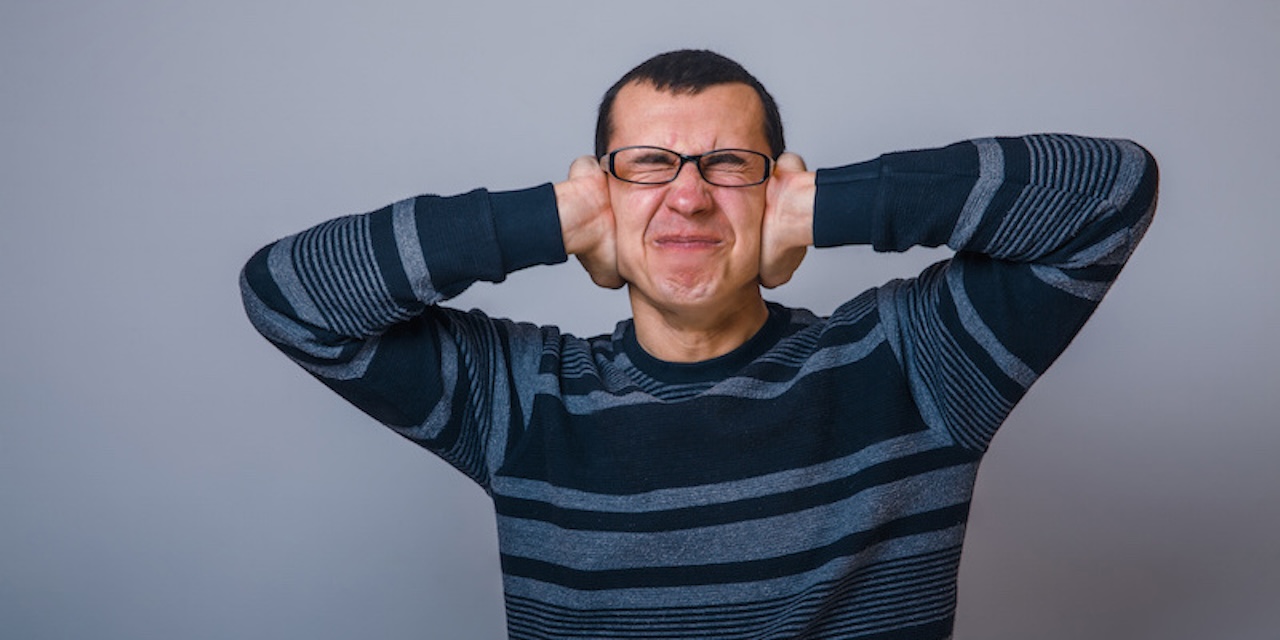
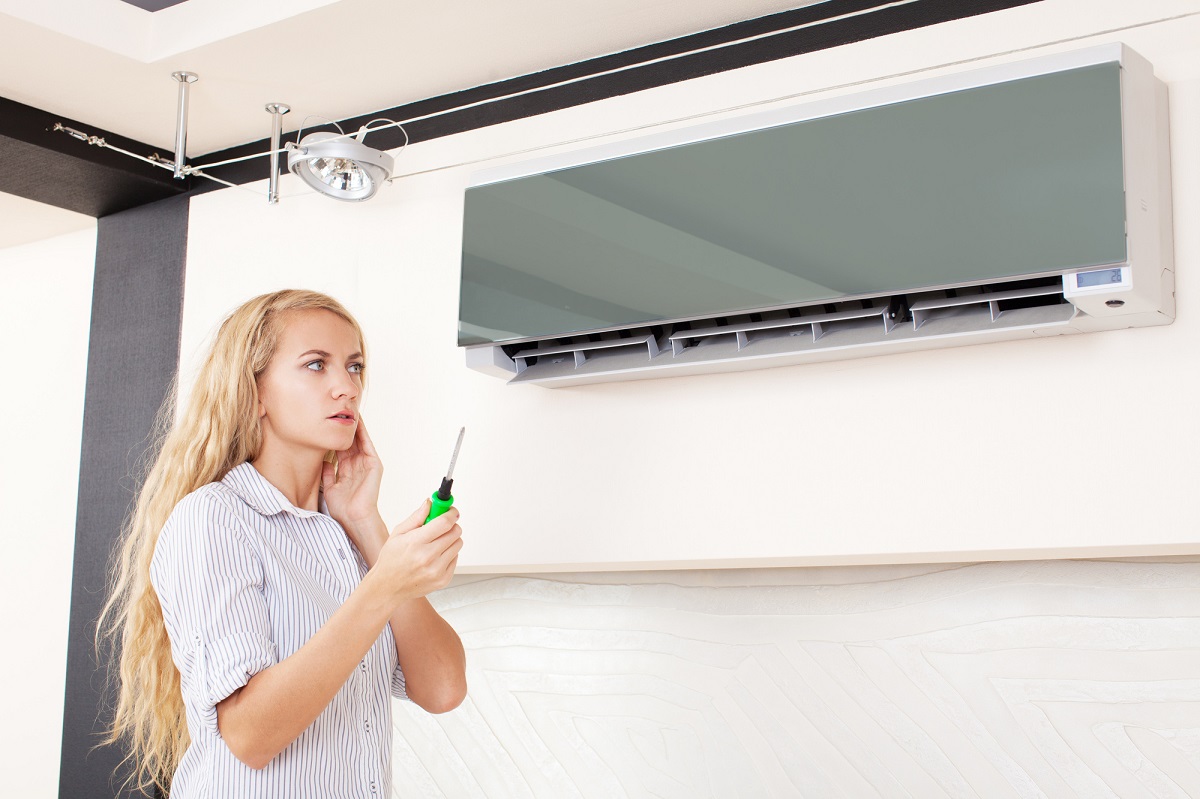
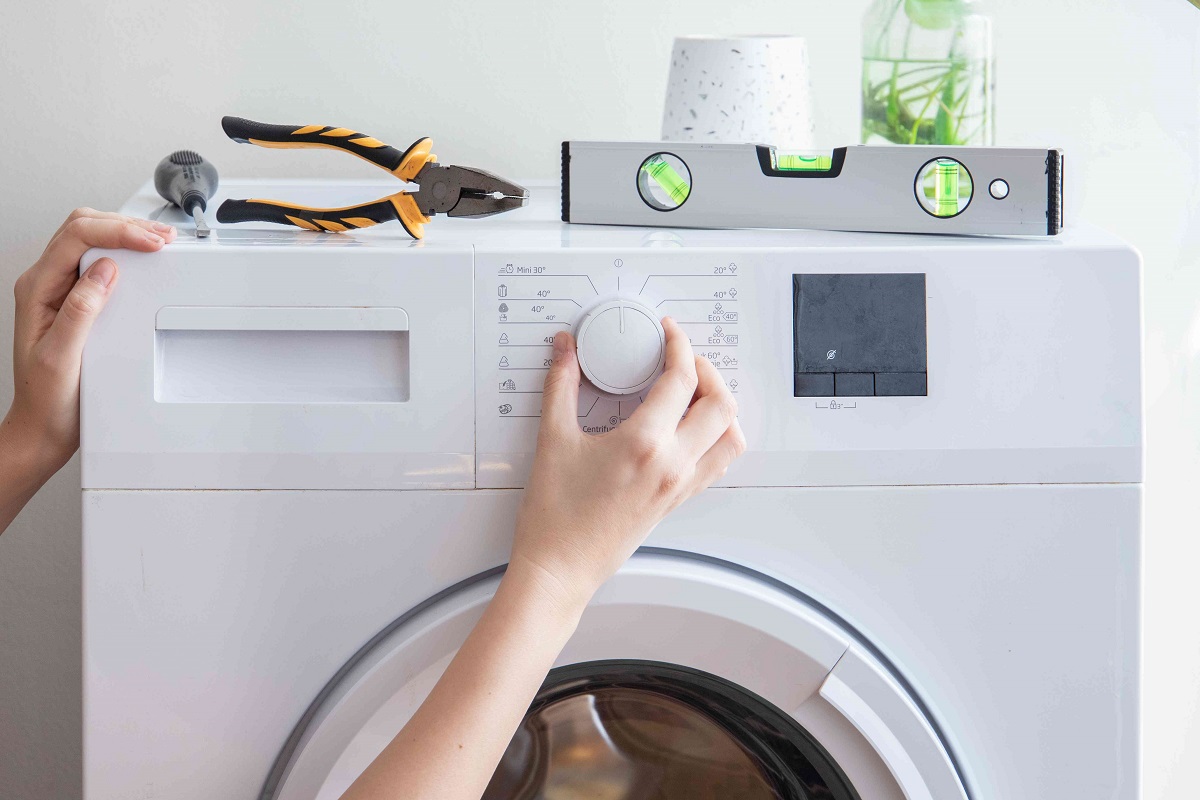
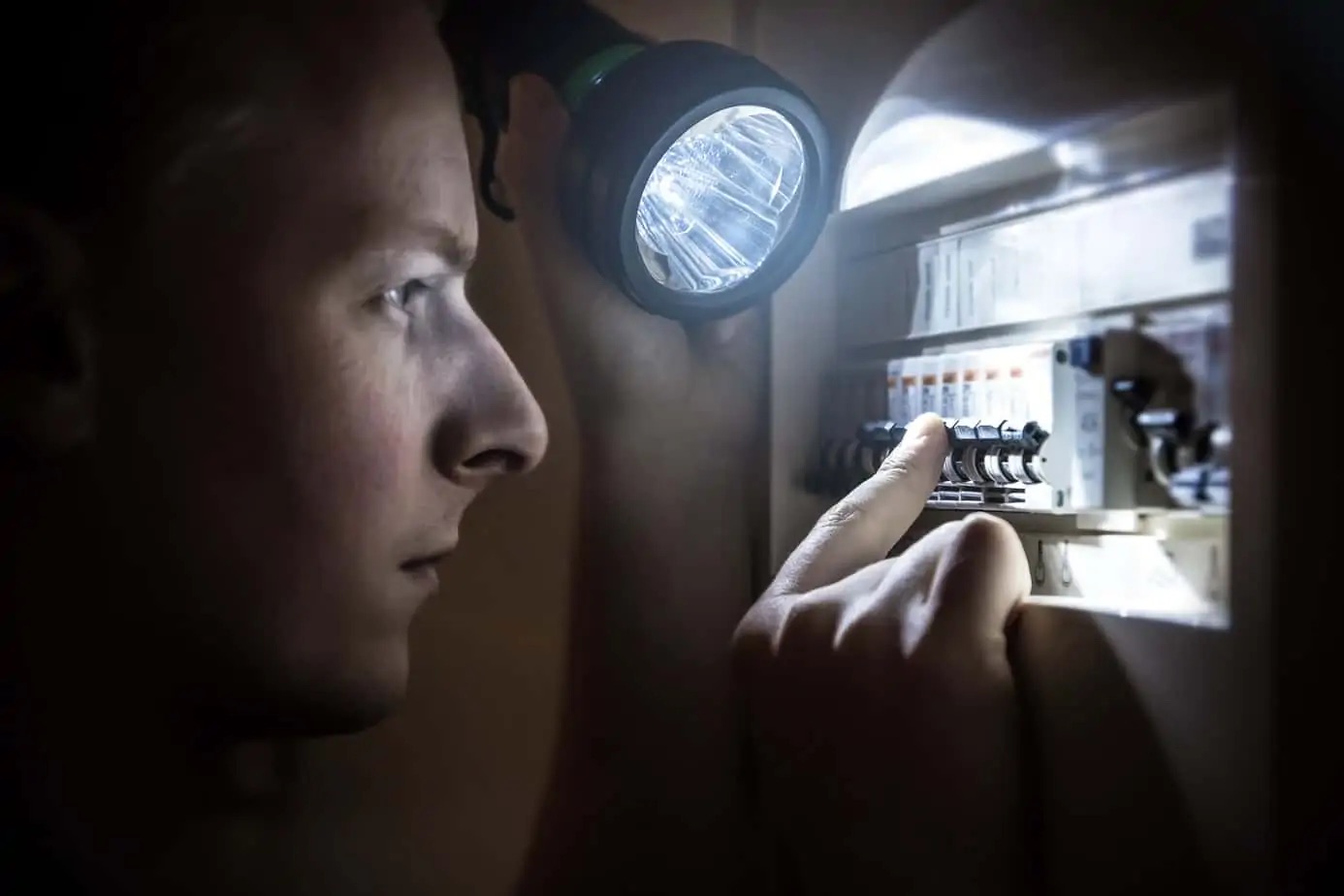
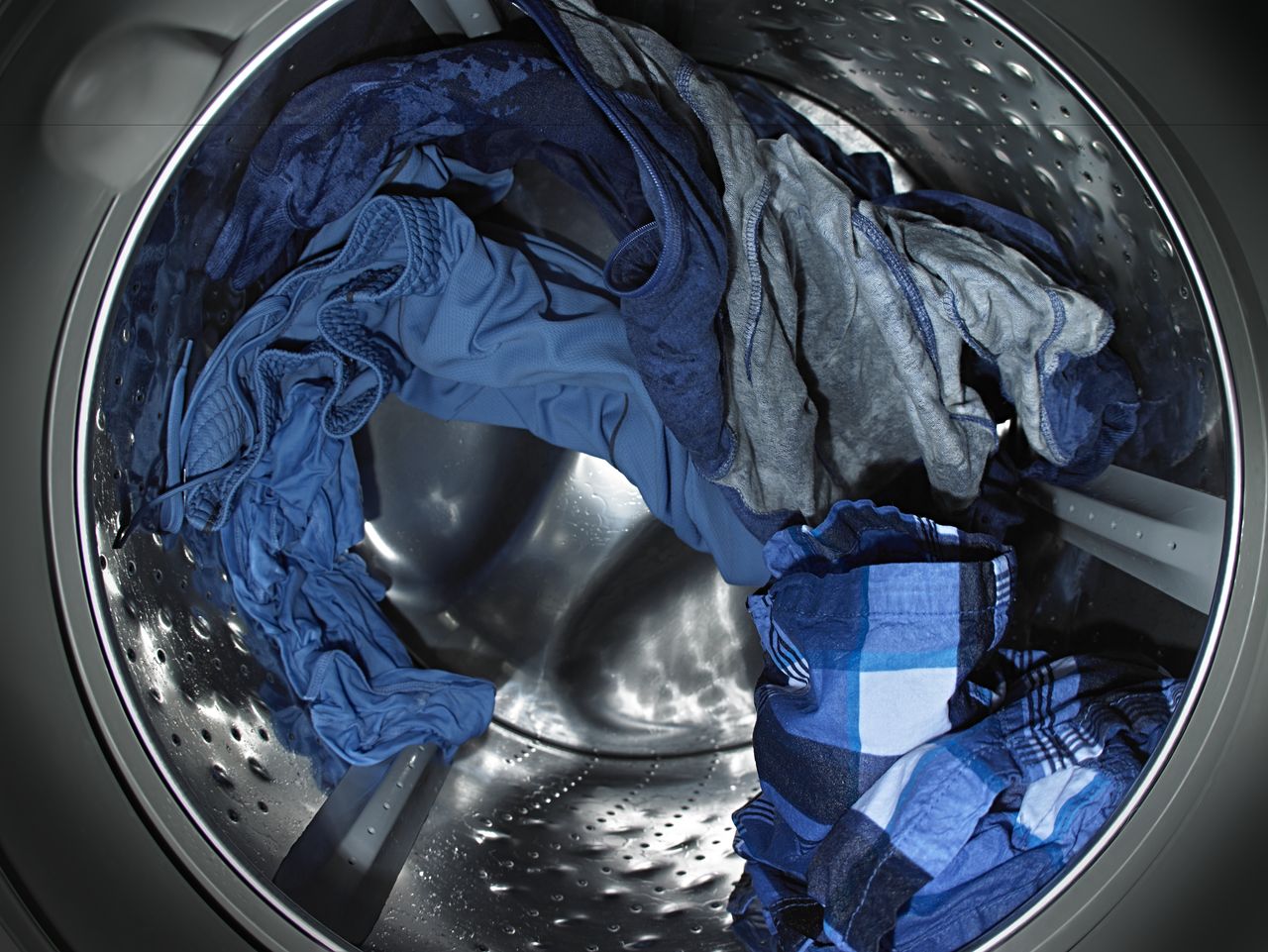
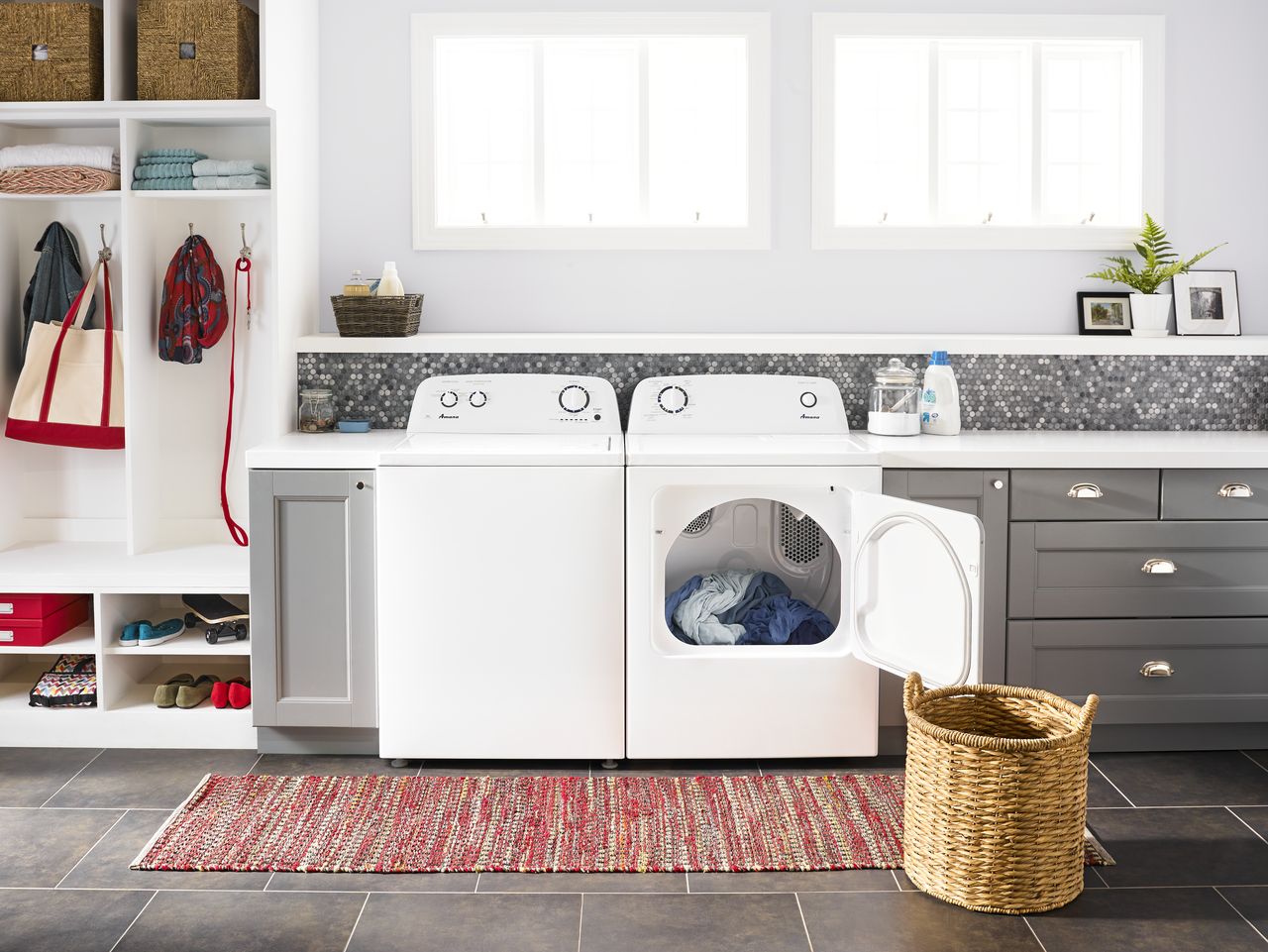
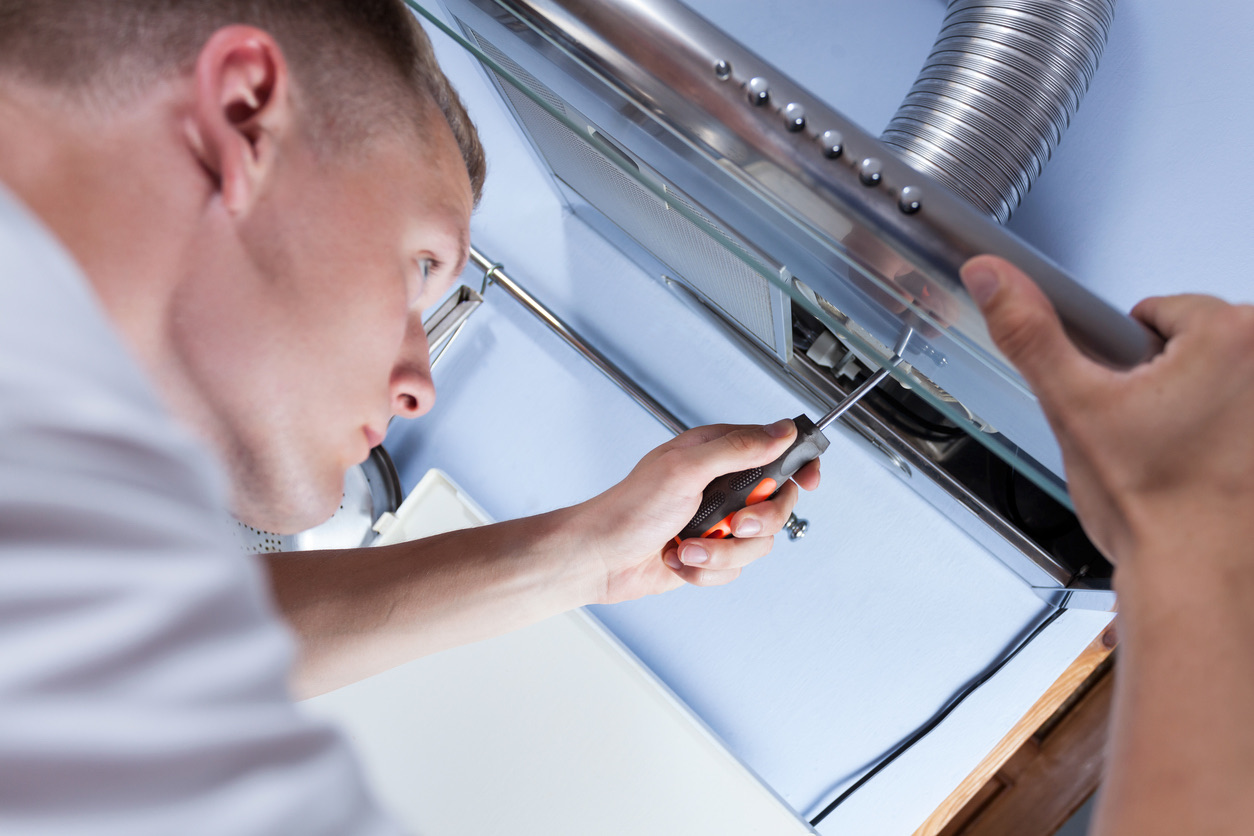
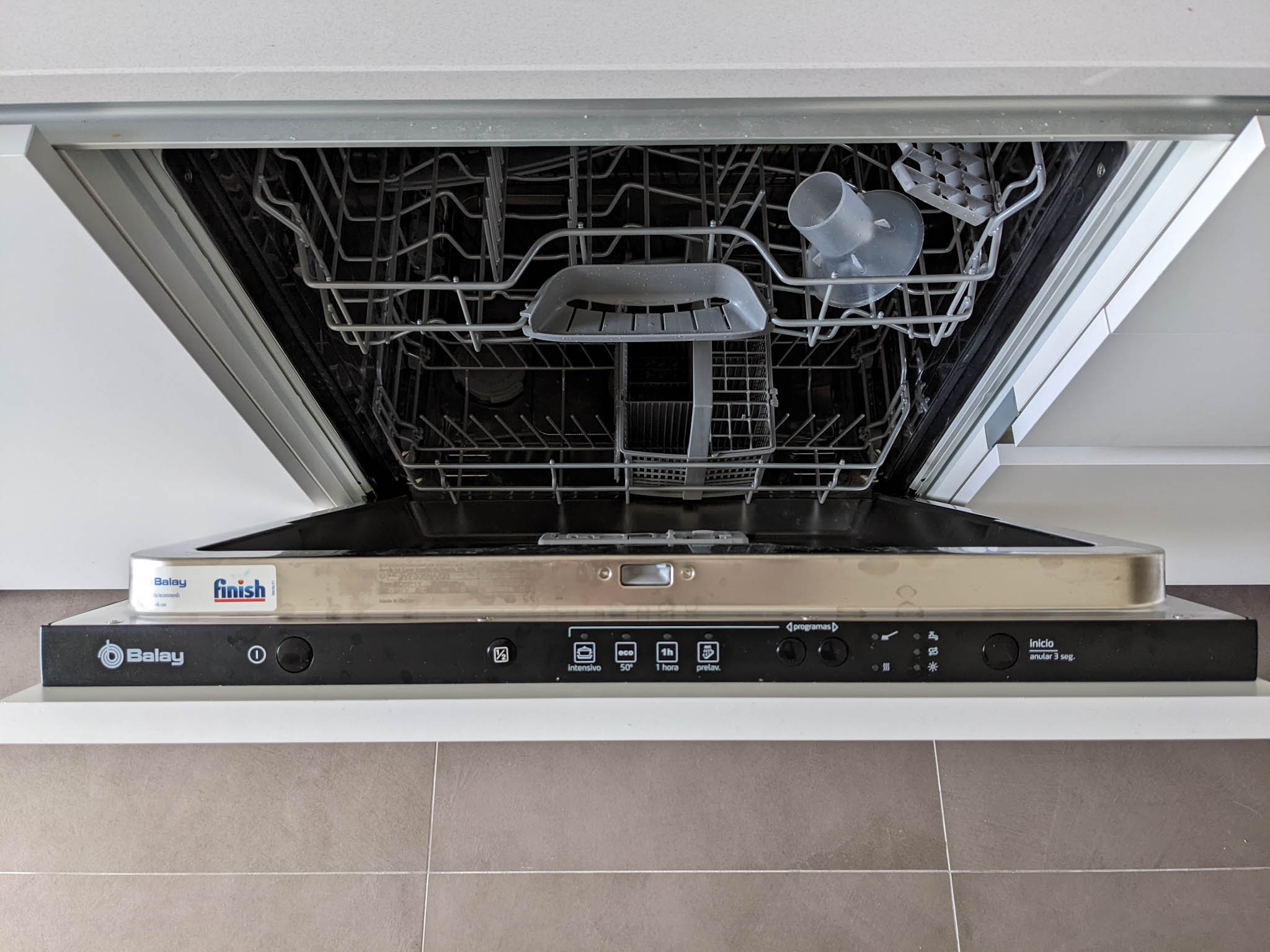
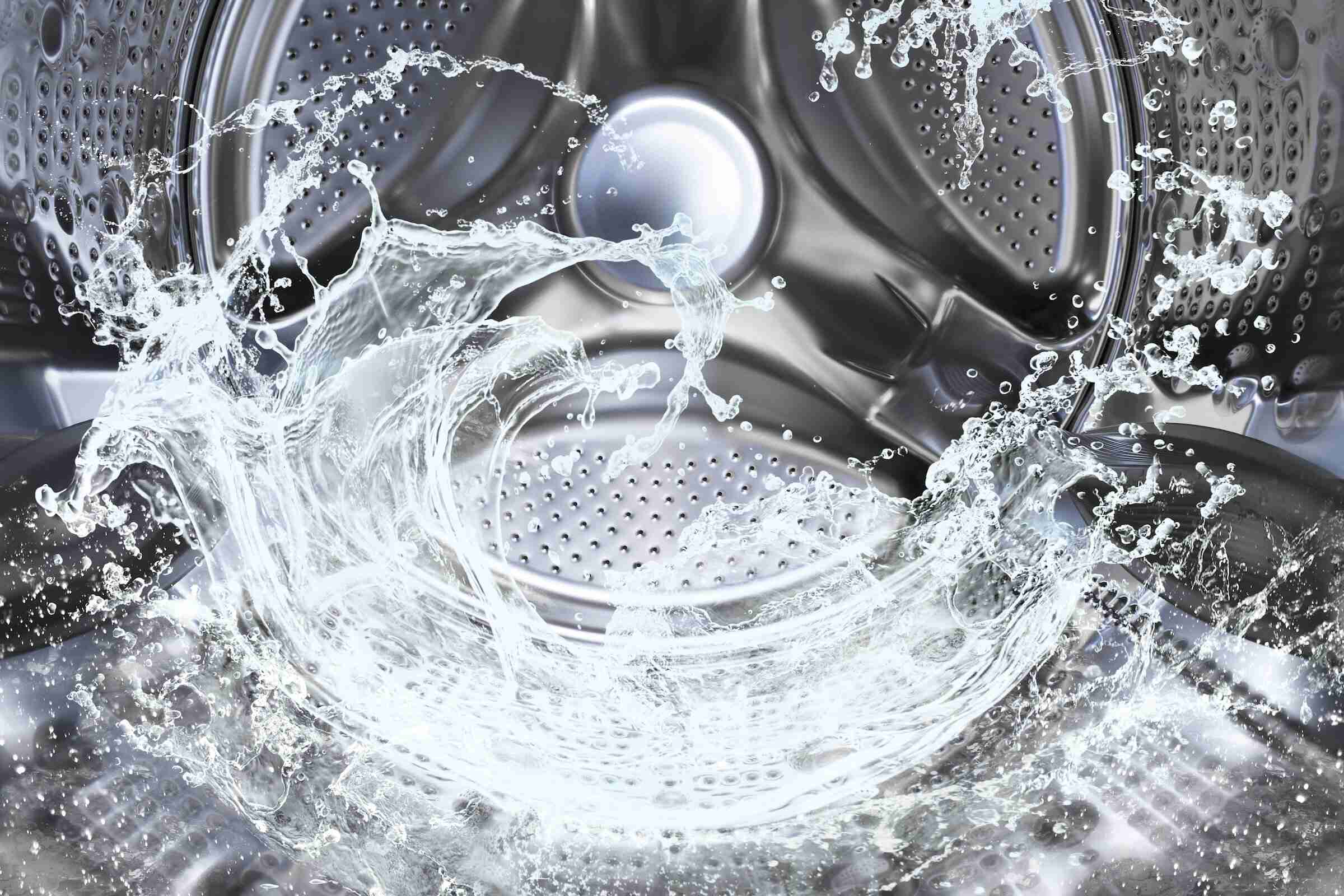
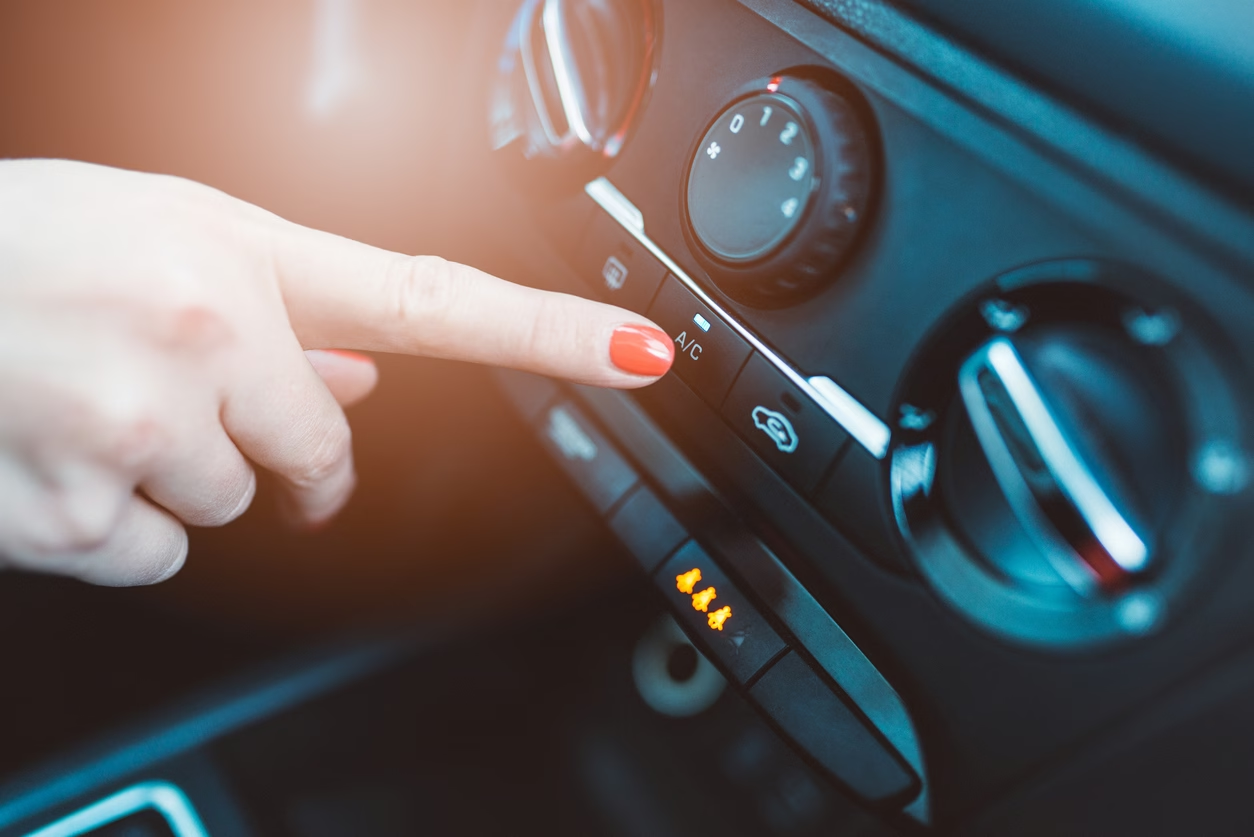

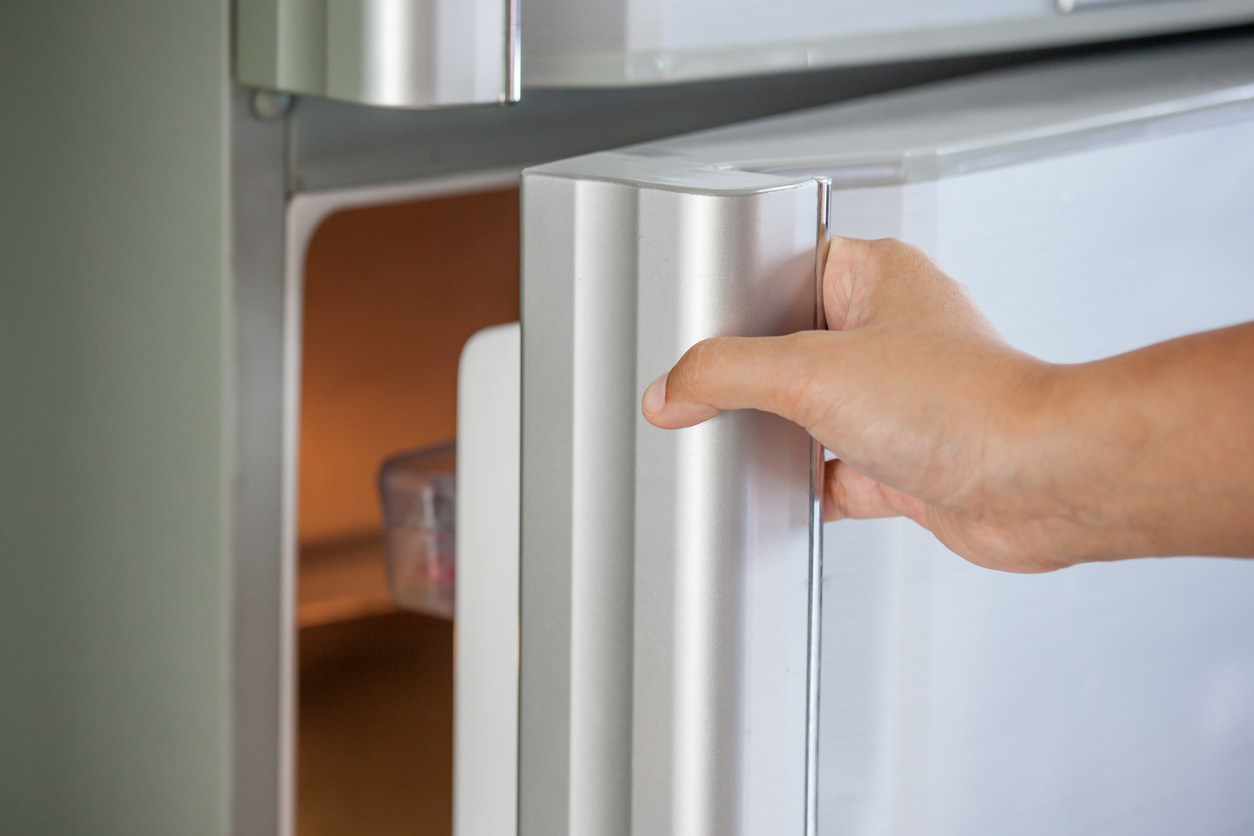

0 thoughts on “AC Making Noise When Turned On”